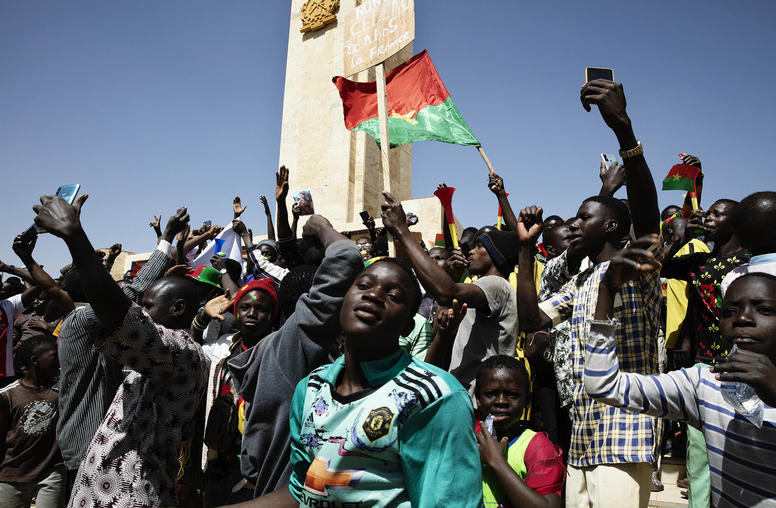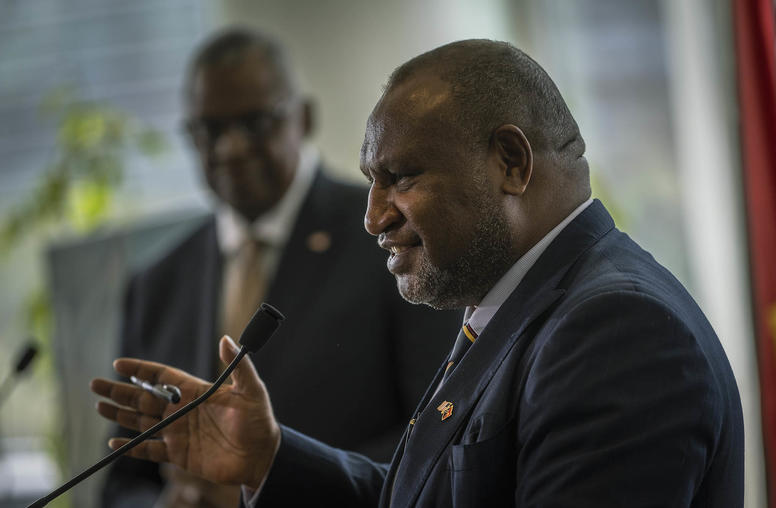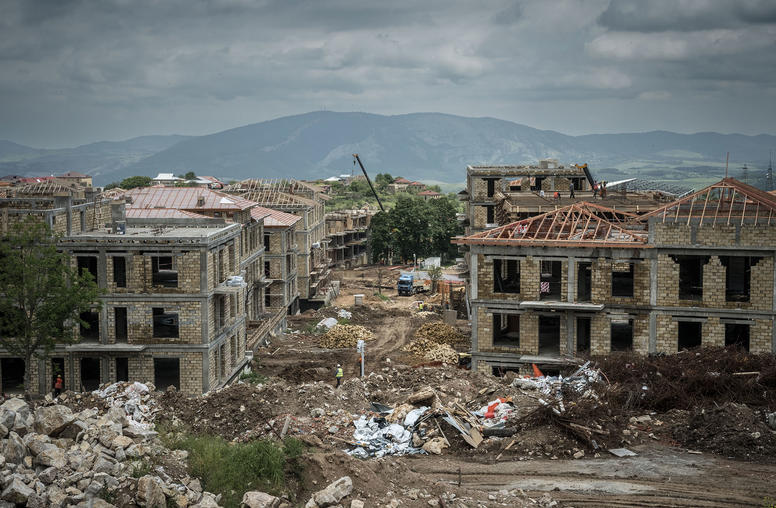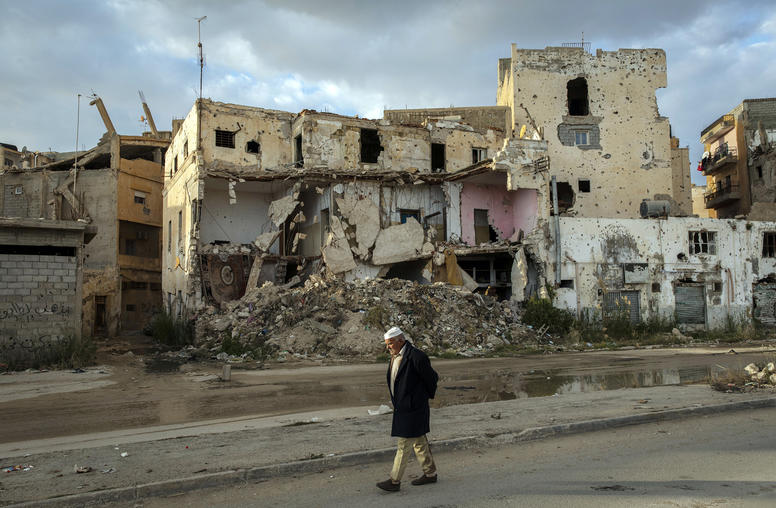 Fragility & Resilience
Fragility & Resilience
Wherever armed conflict erupts, its causes can almost always be traced back to weak or broken social contracts between government and its people. The U.S. Institute of Peace sees such “state fragility” as a complex issue that needs urgent attention. USIP strives to address the challenge of fragility through new approaches to conflict prevention and by strengthening resilience that promotes a sound social compact between the state and society. USIP has joined in convening the Fragility Study Group, a non-partisan initiative aimed at improving the U.S. government’s approach to reducing global fragility.
Featured Publications

How ‘Traumatic Decarbonization’ Can Impact Political Stability and Peace
The process of decarbonization — that is, the replacement of fossil fuels with non-hydrocarbon-based forms of energy — is essential for the world to meet its climate goals. But in many fragile oil-producing states, hydrocarbon revenues are not just central to national economies. They also bind together the political system through elite revenue-sharing pacts. The rapid, unplanned decarbonization of these countries would spark political crisis, a process known as “traumatic decarbonization.”

For Peace in Sahel, African and U.S. Experts Urge Focused Partnership
The past month has sharpened a decade-old question for U.S. and international policymakers: How best, in 2024, to help stabilize what is now the world’s largest single zone of military rule and violent conflicts — Africa’s Sahel region? After three military-ruled Sahel states withdrew from the West African regional community in January, those juntas last week proclaimed an alliance aimed at resisting international pressures, including those for their return to elected civilian rule. Former U.S. and African officials yesterday urged what they called vital changes in U.S. and allied policies to prevent a dangerous spread of the Sahel’s crises.

Riots in Papua New Guinea Are a Warning: Urgent Change is Needed
Riots erupted in Papua New Guinea's capital yesterday, laying bare the hollowness of governance that is failing to meet public needs, thus risking deeper violence and instability. U.S attention to the Pacific Islands' largest and most populous nation is increasing, partly because it is an arena for geopolitical competition with China. While Papua New Guinea's leaders are good at rolling out the red carpet for visiting partners, the state fails lamentably in providing basic services for its people. This week’s violence is a wake-up call for U.S and international policymakers to re-focus on this root of the country’s instability.
Current Projects

Peacemaking in a Turbulent World: Lessons from Intrastate and Interstate Conflicts
Peacemaking in a Turbulent World answers the following central question: What lessons for effective management of intrastate conflicts emerged from the post-Cold War period that are relevant for managing contemporary conflicts which include intrastate, internationalized (featuring direct engagement by outside powers), and interstate conflicts?

Peace and Security Issues in Africa-China Economic Relations
Much of the research that has been conducted on the impact of China’s economic engagement with Africa has focused on their economic exchanges and security engagements in isolation of one another. But few have sought to understand the interconnections between these themes. These interconnections matter, as some Chinese firms are responsible for environmental degradation, population displacement, corruption and illegal extraction activities — all of which are factors that can drive conflict.

Fragility and Conflict
The Global Fragility Act (GFA) is an ambitious law that makes preventing conflicts and promoting stability in countries prone to conflict a U.S. foreign policy priority. Following years of efforts that overemphasized military operations in response to extremist violence and insurgencies, the GFA requires a long-term investment to address the underlying drivers of conflict. The Biden administration has released a new strategy to implement the GFA with 10-year commitments of assistance to a group of fragile states. The GFA and the new strategy rely, in part, on recommendations made by the USIP-convened Task Force on Extremism in Fragile States.